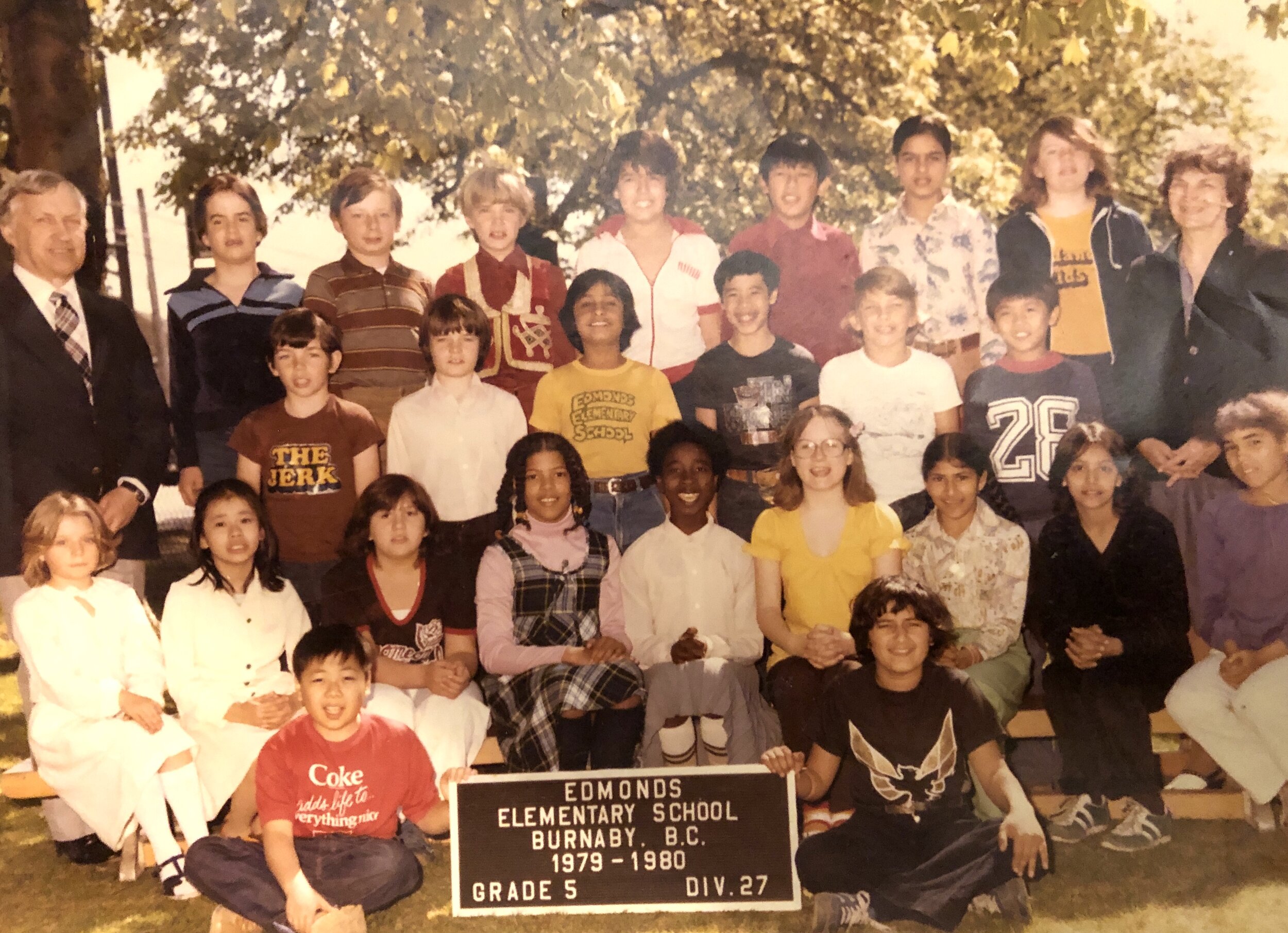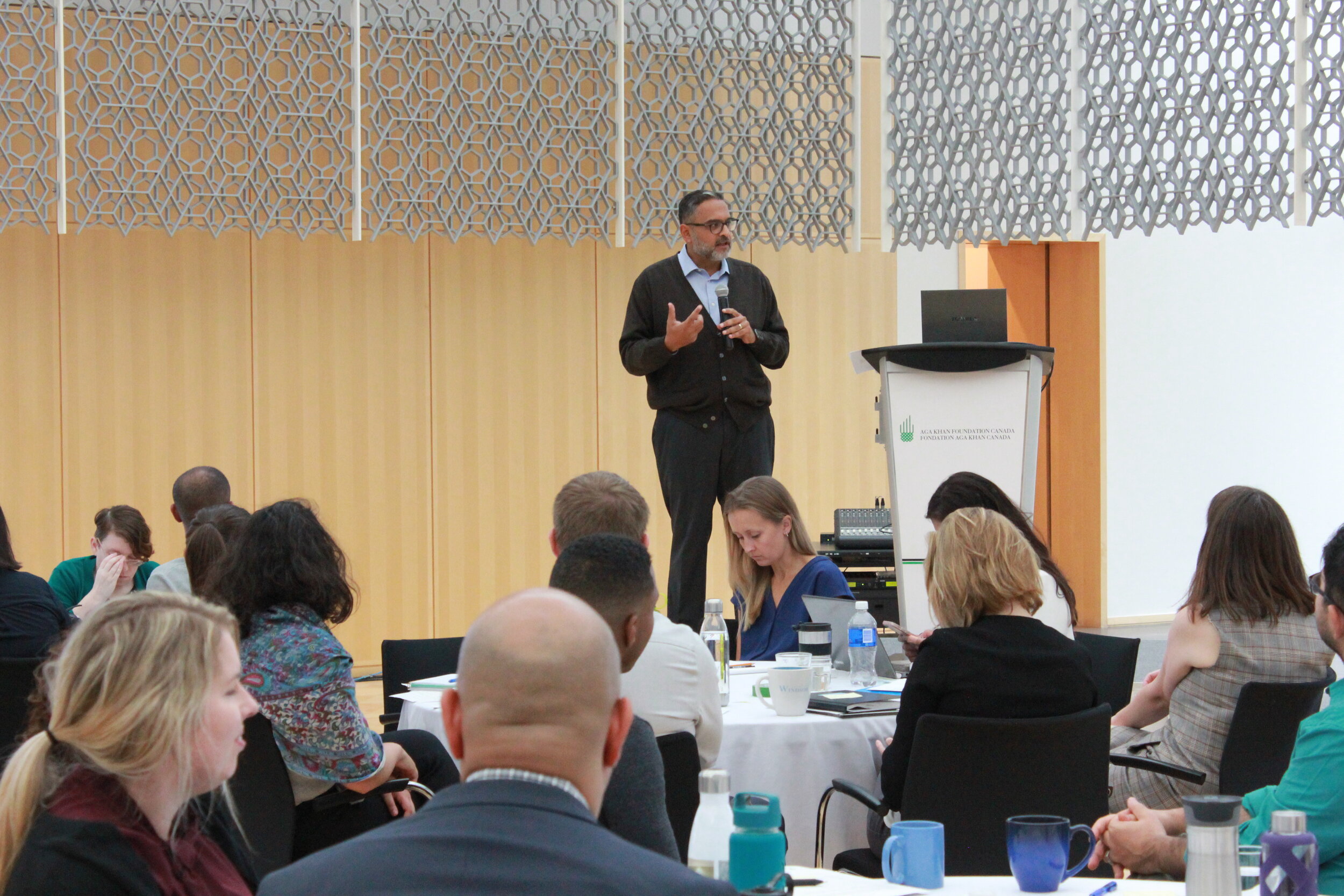What my grade 5 teacher taught me about conflict resolution
In Grade 5, our teacher Mr. McGee wanted us to learn how elections work. It was 1979 and Joe Clark had been elected Prime Minister of Canada earlier in the year. We formed two parties and I was nominated as leader of one of them. My best friend at the time was my campaign manager and a few other friends made posters and sang the campaign song that my manager wrote for me (I wonder if they read this if they will remember it!). I don’t recall the lyrics but it was called “Shakky the Running Man” to the tune of ‘Popeye The Sailor Man.’ What can I say, we were only 10 years old.
My opponent and I delivered speeches and, after a week of campaigning, I was fortunate to win the election. After being courted by motivated contenders, I formed my cabinet.
It was fun and educational, but it also felt like a popularity contest, and I was pleased to be getting the attention. As I think back, I seem to recall Mr. McGee commenting that I was missing the point of the lesson. My older brother was particularly proud since, only a few years earlier, we were new to town. His pride made me happy.
Mr. Burt McGee on the left was my Grade 5 teacher and vice-principal
It all got real a week later when Mr. McGee organized a class meeting that I was to chair. A few other teachers were invited in to observe and I was very nervous. We worked our way through a simple agenda, including reviewing a proposal to reorient the desks in the classroom and talking about our next field trip.
Everything was going smoothly until we arrived at “Any Other Business.” A girl in the class raised a complaint about a fellow student she claimed was being a bully. The story involved him taking the ball when a few girls were playing a game and making them chase him (he was a very fast runner). That opened the floodgates and several complainants came forward about the same individual.
They were right that the boy did take the ball, but something didn’t feel right to me about the way kids were ganging up on him in this class meeting. I looked around the room, there were some snickers and some people were nodding. Even one of the teachers (not Mr. McGee) had a little smile. The teacher had also experienced some classroom disruptions posed by this boy.
If we had had this meeting before our election experiment and I was sitting with the other students, I am not sure what I would have done. I might have participated with a few complaints of my own or I might have just stayed quiet. But I was the class president. I had to make a decision about how I was going to steer this conversation. I had to reel it back in from the free-for-all it had become.
This is when I thought about what my Mom might do in this situation. She was the peacemaker in the family, not just in our nuclear family but in our extended family. In fact, if given the chance she would try and make peace in other families. There were a few times in my childhood that couples would come to our place in the evening after my brother and I had gone to bed to seek advice about resolving their conflicts. While my Dad would usually lead the counselling sessions, it was always my Mom that made the difference.
So with those reflections, I decided I had a responsibility to turn this into a productive conversation about how we treat and communicate with each other to resolve conflict. I can’t remember what they were, but we created a list of 3 or 4 ‘guiding principles’ (I didn't know that phrase in Grade 5). And it turned out that the young man that we were calling a ‘bully’ had some legitimate concerns that we needed to hear.
Things weren’t perfect after that, but they did get better and that young man turned his behaviour around for the rest of the school year. A bunch of us from that class were recently having a conversation on facebook about how we remember all getting along and enjoying each other. Despite our diverse backgrounds we all had each others’ backs.
I have had to have this type of discussion a few times in my career and each time I have learned something new. And each time, I remember that first experience with group conflict in grade 5.
The most recent example happened a year ago. Conversations about psychological safety, professional conduct and bullying in the workplace were ramping up globally in the organization where I worked. Our HR Manager, our CEO and I wanted to be proactive on this topic and conduct some training or have a discussion with our staff.
Our CEO suggested we do a presentation about the kind of workplace we want to have and how we want to treat each other. My mind flashed back to my Grade 5 classroom and I suggested we workshop a discussion with flipcharts, Post-it-notes and break-out groups. They didn’t have Post-it-notes when I was in Grade 5 so I was very excited. The discussion and outcome was not all that different from my Grade 5 classroom, albeit with more developed facilitation skills!
I am grateful to Mr. McGee for throwing me in the deep end and giving me the opportunity to face that situation and make my own choice on how to proceed. When the conversation was getting tense, he could have intervened but he didn’t. He let me sort it out myself. I wonder: Did he know that he was preparing me for the future?
Is there a skill you learned in your childhood that you still use today? Let me know by commenting below or send me an email at shakeel@oceanbluestrategic.com.
If you are interested in receiving an email sneak peek of my weekly blog along with some other thoughts and reflections that I do not share here, please subscribe to my mailing list.

